Brought up in an artistic family, Bertolucci initially aspired to be a poet and has retained something of the poet’s intense personal vision and high artistic purpose in his cinema. His introduction to film came from poet, novelist and filmmaker Pier Paolo Pasolini, who hired young Bernardo as an assistant director on Accattone in 1961. The next year Bertolucci dropped out of university and made his directorial debut with The Grim Reaper, a Rashomon-style reconstruction of the murder of a prostitute based on a Pasolini’s story. He was 21 years old. His second film Before the Revolution introduced Bertolucci’s tendency for autobiography and politics, mixed with a nouvelle vague freshness. Set in his native Parma, it is also a deeply personal portrait of a generation of young radicals – Bertolucci himself is a lifelong communist – at odds with their bourgeois upbringings.
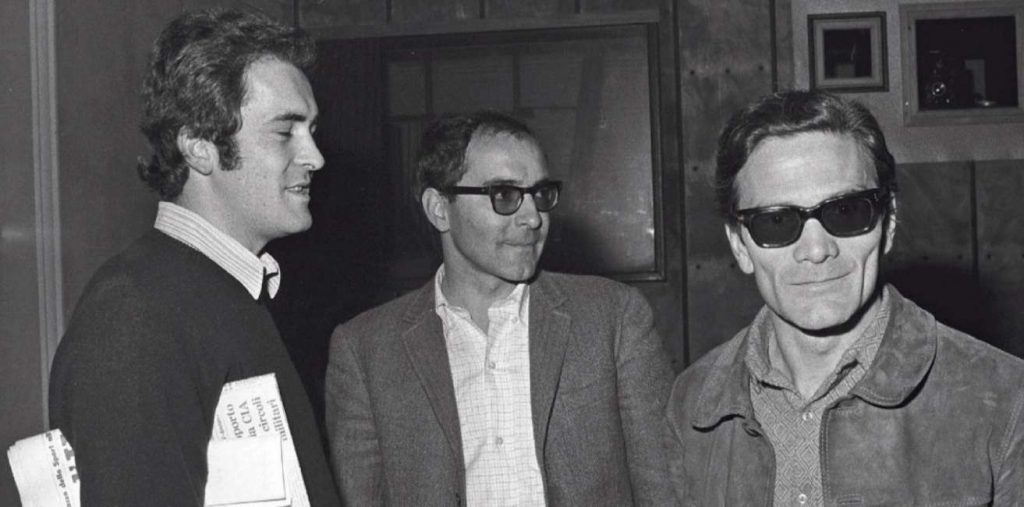
His breakthrough came with The Conformist, a stunning examination of how the need to seem normal can morph into murderous fascist ideology. Jean-Louis Trintignant is Marcello, a young bureaucrat who joins the Fascist secret police and is soon involved in a plot to murder his left wing former professor in Paris. Using multiple flashbacks, the film maintains a slippery ambiguity – a cinematic unreliable narrator if you will – and even as it condemns its protagonist, it reveals a background of abuse, sexual confusion and alienation which explains without justifying his need for normalcy. Vittorio Storaro’s lush camerawork made the film a piece of stunning cinema and inaugurated a prolonged collaboration with Bertolucci.
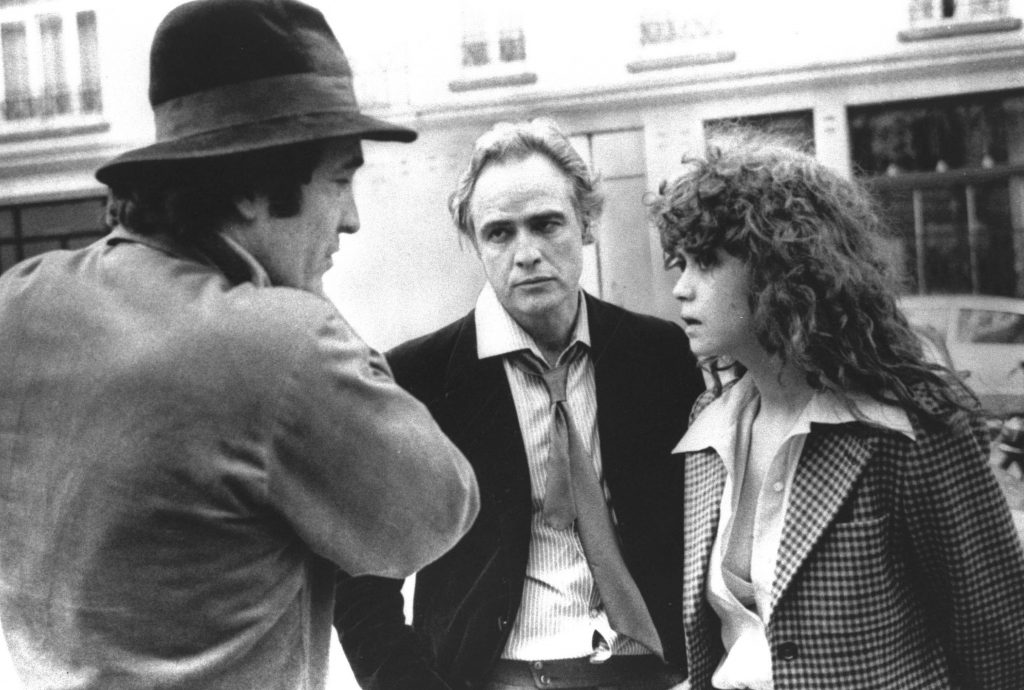
The pair would also collaborate on Last Tango in Paris, Bertolucci’s most infamous work and a film which would – along with The Godfather – see the resurrection of Marlon Brando’s career as a screen actor, including a rawness that the actor would never achieve again. The relationship of American expat Paul (Brando) with Maria Schneider’s Jeanne is a fleeing from the world into sex, but also a generational class. Controversial at the time for his explicit sex scene, it would later prove more so when the filming of a rape scene was reported to have been more realistic than it should have been. Bertolucci himself said that he felt guilty about the scene, but didn’t regret it.
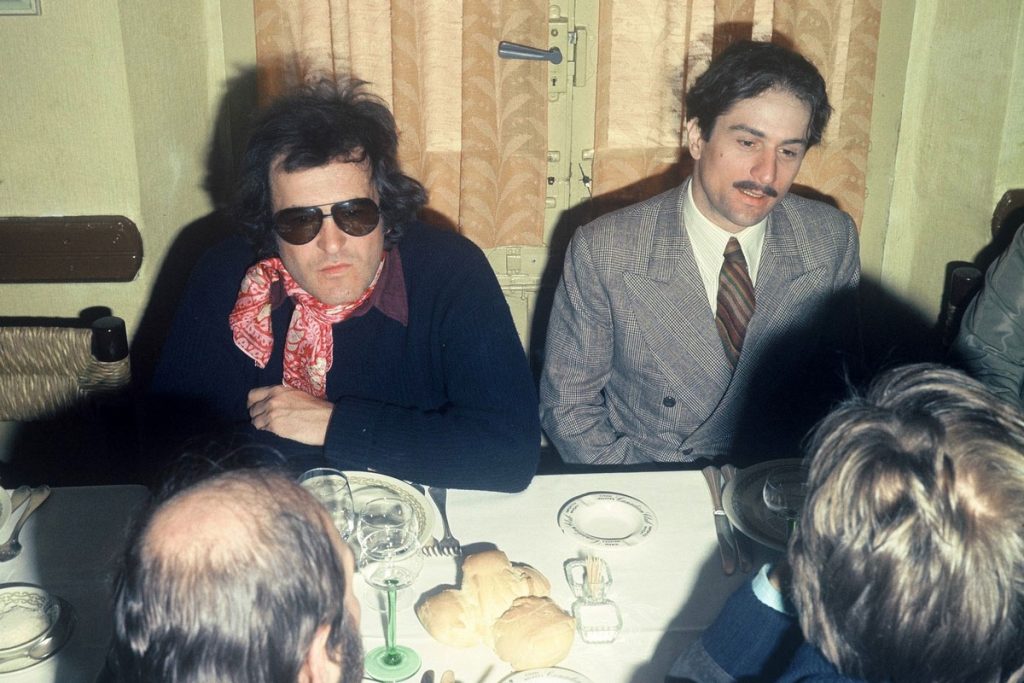
From the personal to the political, 1900 took a grandiose sweep at Italian history in the first half of the Twentieth Century, via a pair of friends – played by Robert de Niro and Gerard Depardieu – who come from opposite ends of the social spectrum, one the master and the other the peasant. Donald Sutherland gives one of the most extreme portraits of fascist evil in his appropriately named Attila. It is one of the longest commercial films ever released, but is truly a masterpiece. Beautiful to look at, never has the battle between communism and fascism looked so sumptuous.
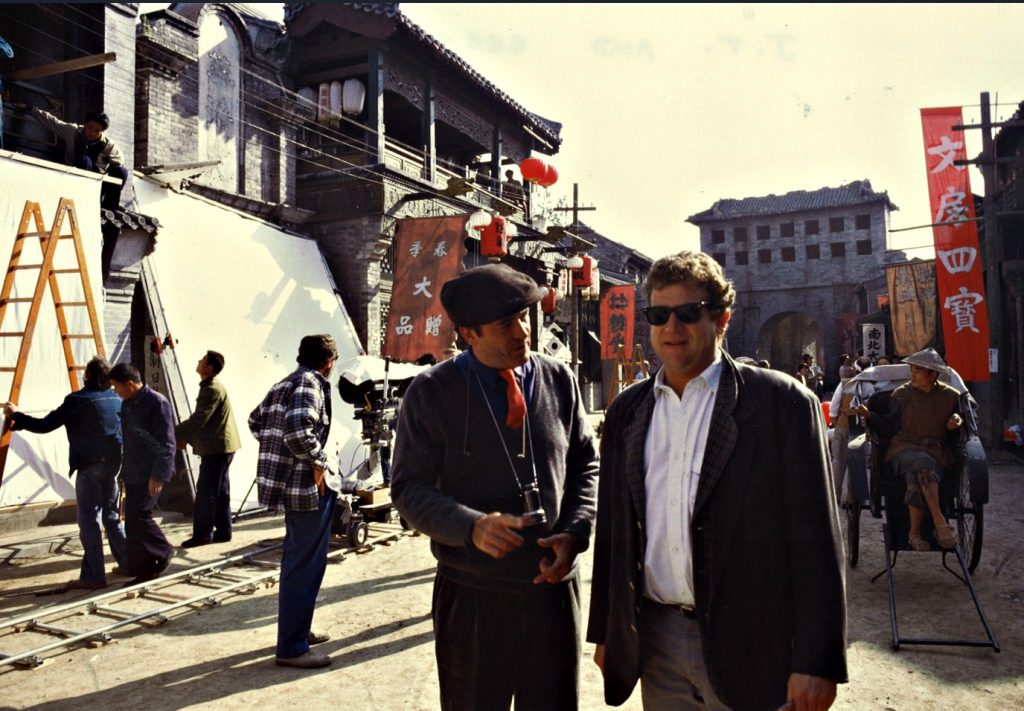
The Last Emperor would register the peak of Bertolucci’s Hollywood career, winning him nine Oscars for the epic tale of Puyi, the last Emperor of China. The film is an epic in the tradition of David Lean and Richard Attenborough. With permission from the Chinese government to film in China, Bertolucci was able to achieve an authenticity and tell a tale which was largely a closed book to the west. He would continue to make films sporadically throughout the rest of his life. His adaptation of Paul Bowles’ The Sheltering Sky is well worth a watch, as is the smaller coming of age story Stealing Beauty with Liv Tyler. The Dreamers would revisit territory from his early work, telling another Last Tango retreat/advance into sex while the kids took to the Paris streets in 1968.
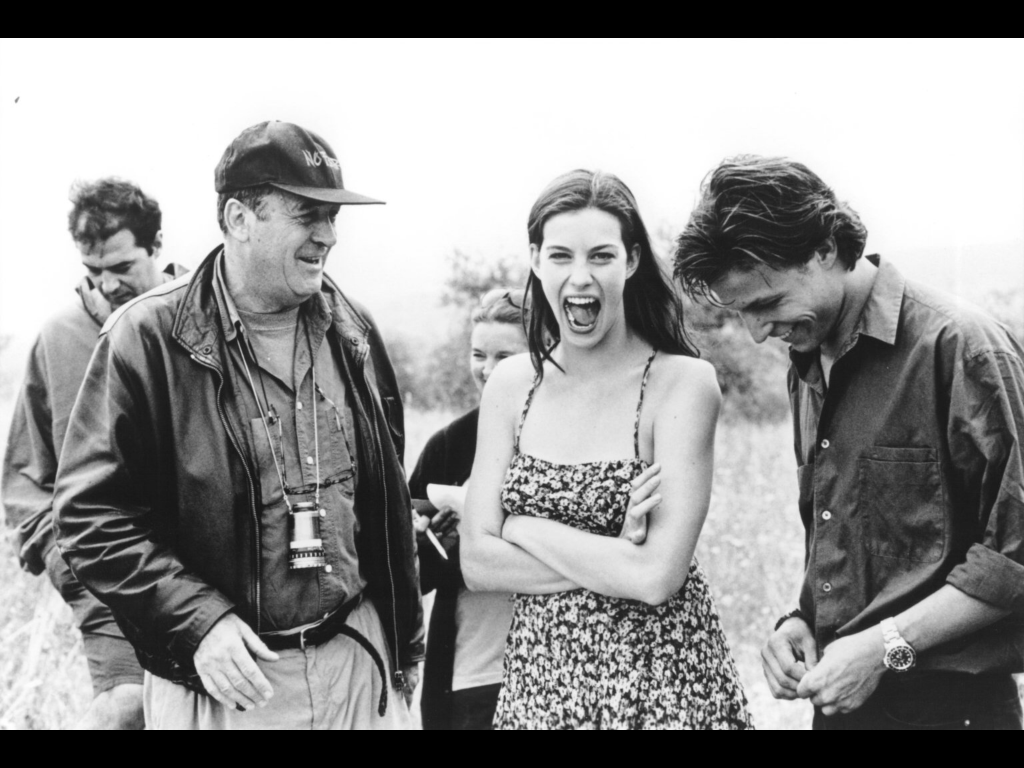
As one of the brightest lights of Italian cinema, Bertolucci attained international significance and acclaim, while never afraid to court controversy. His was a radical vision that was unafraid of poking into the deepest regions of the personal and sexual with the same forensic energy as he applied to the sweeping historical forces of the Twentieth Century. He made beautiful cinema that was full of ideas. There can be no higher praise.
Watch The Conformist and The Dreamers on CHILI.
1988, the night of the Oscar:


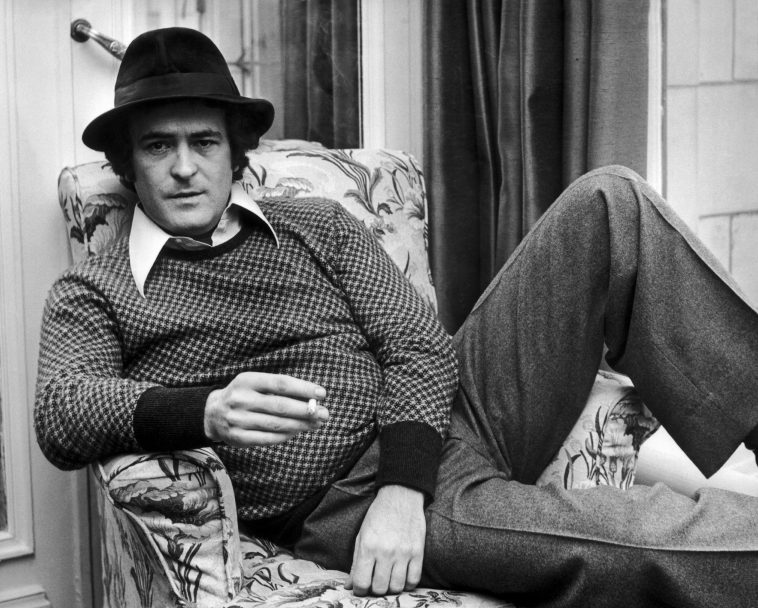
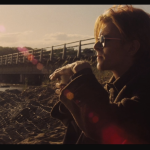




Leave a Comment